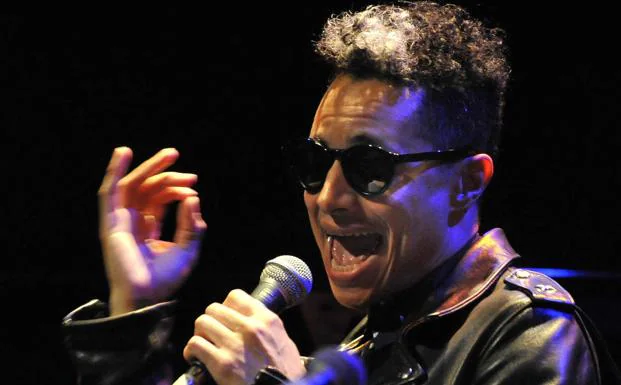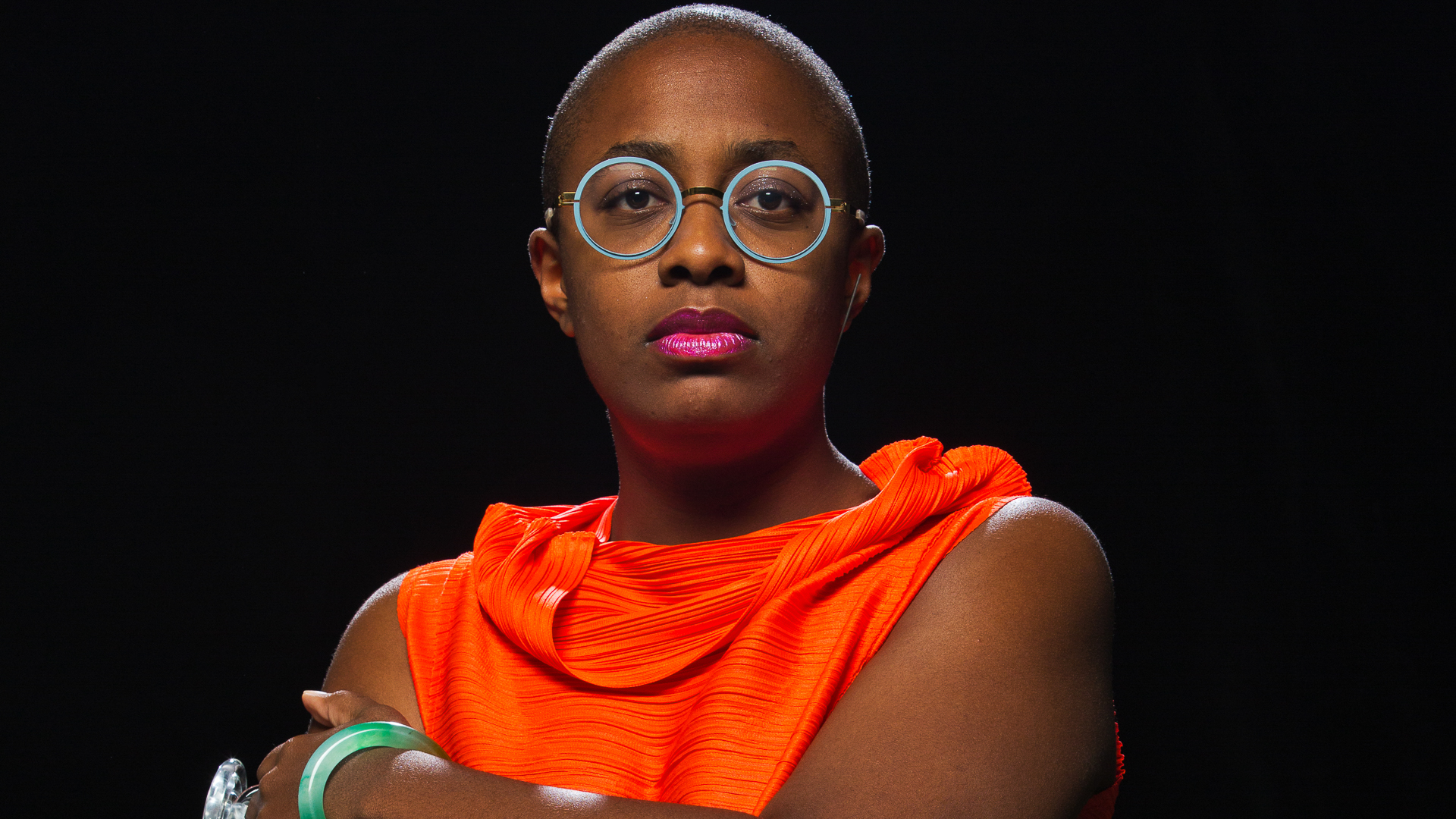 |
| Louis Hayes |
At Louis Hayes's concert Sunday night, I wondered if
other attendees were blown away by how athletic his playing still is at 85. Hayes,
the 2022 recipient of the National Endowment for the Arts Jazz Masters Fellowship—the
highest honor bestowed on a jazz musician—returned to Detroit for a weekend at Aretha's Jazz Café. Off the bat, Hayes set the tone for the high-grade swing the
audience would be lavished with for 90-minutes. Silver Serenade and
Arab Arab were the two scorchers Hayes opened the concert with. Witnessing
him burn rubber through both numbers showed his dexterity as a masterful jazz
drummer hasn't withered with age. His cymbal work was crisp, and his rimshots embodied
a youthful muscularity. All night long, he was equally dynamic as when he held
down the drum chair in pianist Horace Silver's and alto saxophonist Julian "Cannonball"
Adderly's bands many decades ago. Then, after submerging the audience with the
two opening tunes, Hayes let them come up for air on Tadd Dameron's ballad
If You Could See Me Now. Hayes had a well-condition band—pianist Rick
Germanson, saxophonist Abraham Burton, vibist Steve Nelson, and bassist Gerald
Cannon—that punched even harder in the later rounds of the set. The members
were so evenly yoked that neither overshadowed the other. Germanson and Cannon
were the band's linchpins, Burton blew the paint off the walls, and Nelson's solos
had an athletic quality. Hayes isn't one of those old-timers who spend a chunk
of a set reminiscing about the old days. But, for what it's worth, I've always enjoyed
it when jazz musicians of Hayes's era include a jazz history lesson in their
concerts. Anyway, he performed for 90-minutes with no commercial interruptions
and with the verve and stamina of a musician half his age.



